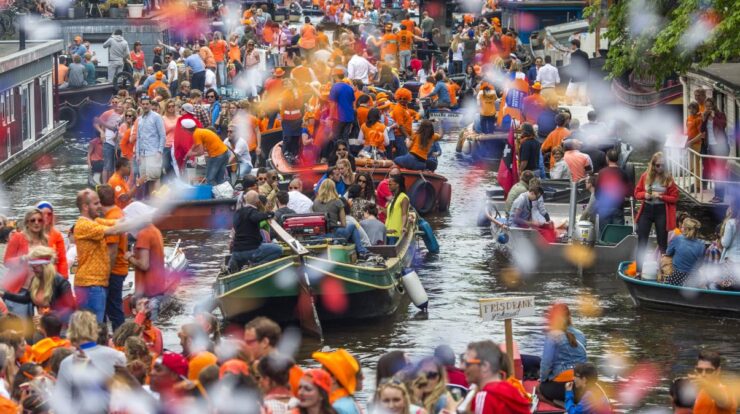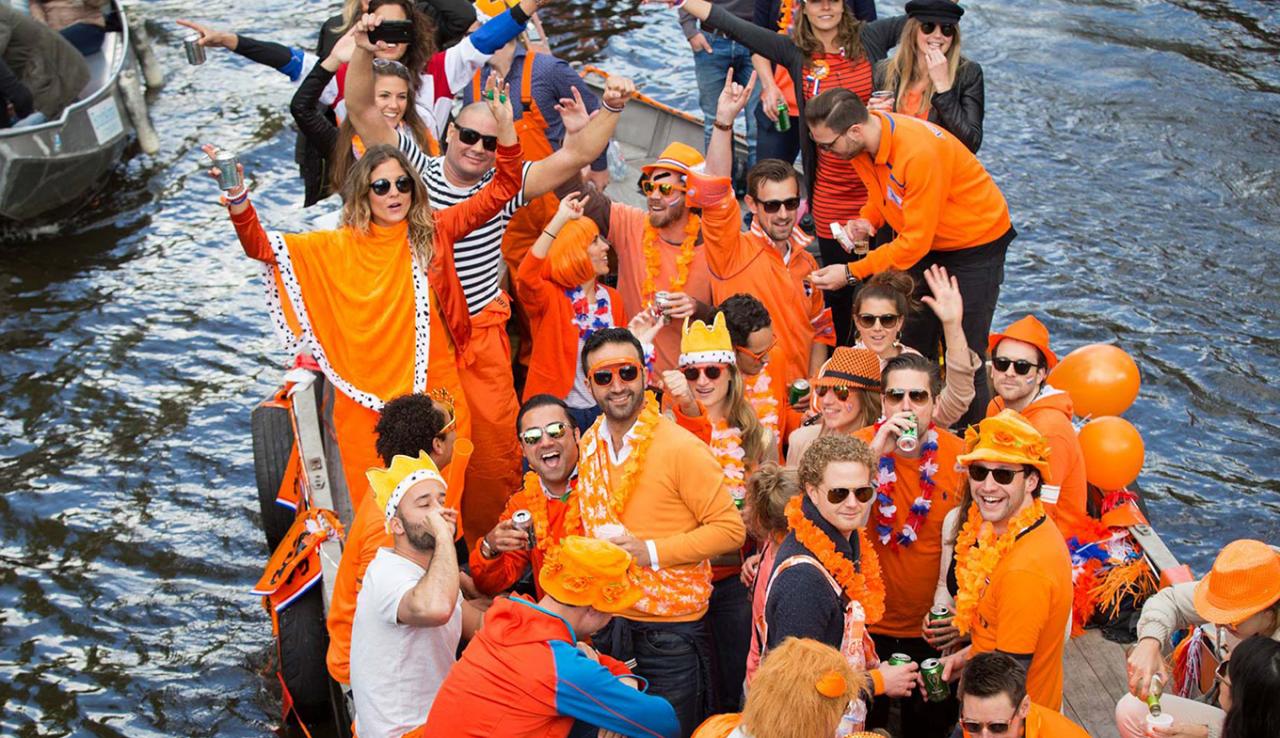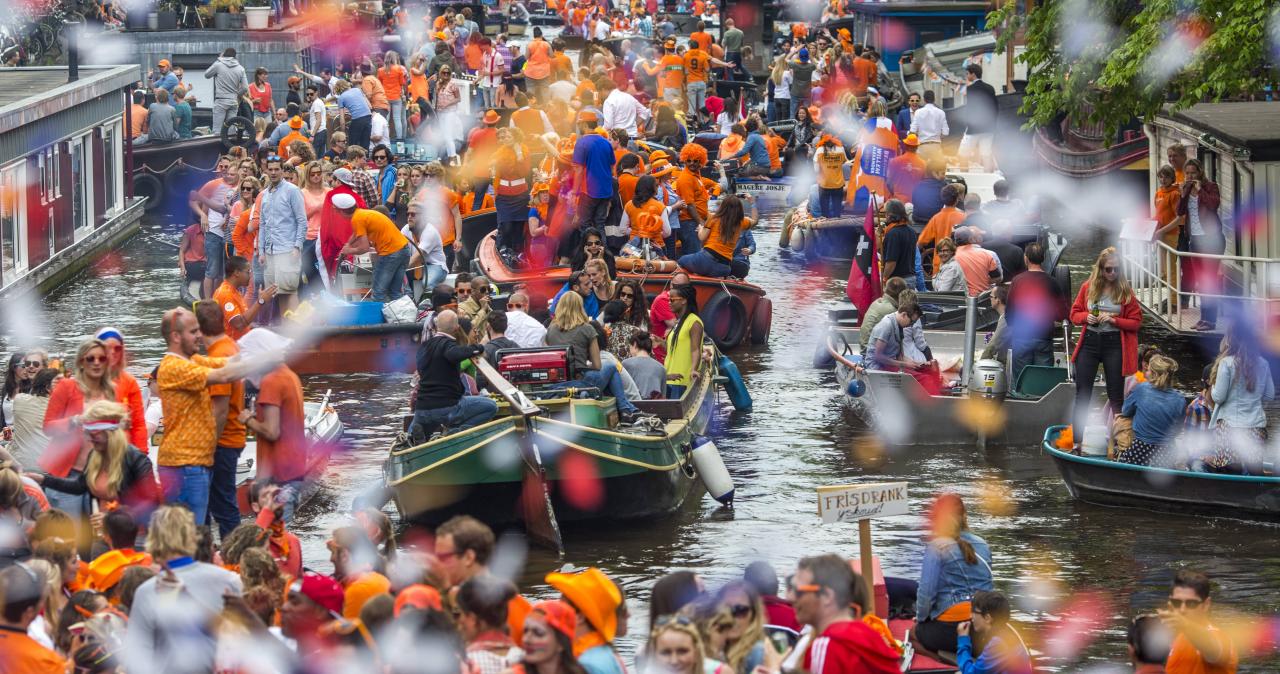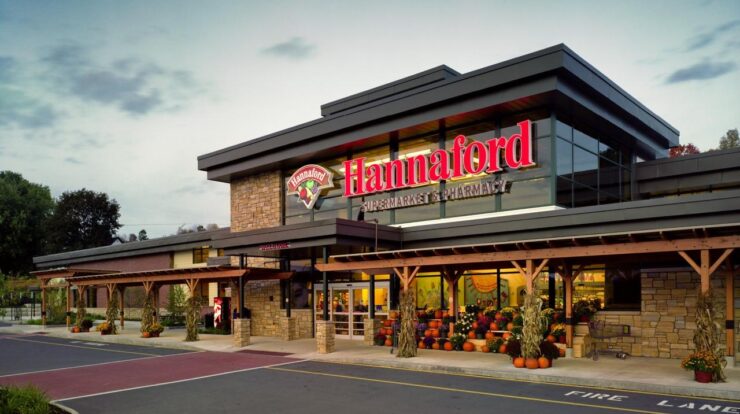
Kingsday Netherlands, an iconic celebration steeped in Dutch heritage, unveils a captivating tapestry of history, culture, and unity. This cherished holiday, observed annually on April 27th, has evolved into a vibrant spectacle that draws both locals and visitors alike, showcasing the very essence of the Netherlands.
With its origins tracing back to the 16th century, Kingsday Netherlands has undergone a remarkable transformation, reflecting the changing social and cultural landscape of the nation. Today, it stands as a testament to the enduring spirit of the Dutch people, fostering a sense of camaraderie and inclusivity that transcends generations.
Cultural Significance
Kingsday, a beloved national holiday in the Netherlands, holds profound cultural significance. Rooted in centuries-old traditions, it commemorates the birth of King Willem-Alexander on April 27th. This vibrant celebration is a testament to Dutch heritage, fostering a sense of unity and national pride.
On this day, the streets of cities and towns across the Netherlands transform into a sea of orange, the color of the Dutch royal family. People of all ages don orange clothing, hats, and accessories, creating a festive atmosphere that embodies the spirit of the holiday.
Traditional customs abound on Kingsday. Flea markets and street vendors line the streets, offering a wide array of goods, from antiques to handmade crafts. The day is also marked by music, dancing, and street performances, showcasing the vibrant cultural tapestry of the Netherlands.
The orange color holds deep symbolism in Dutch culture. It represents the House of Orange-Nassau, which has ruled the Netherlands for centuries. The color is also associated with the country’s national flag and has become synonymous with Kingsday celebrations.
Historical Origins
The origins of Kingsday can be traced back to the 19th century, when it was known as Queen’s Day to celebrate the birthday of Queen Wilhelmina. In 2013, when Willem-Alexander became king, the holiday was renamed Kingsday.
Traditional Customs
- Wearing orange clothing, hats, and accessories
- Visiting flea markets and street vendors
- Attending music and dance performances
- Participating in street games and activities
- Enjoying traditional Dutch treats like stroopwafels and poffertjes
Symbolism of Orange
- Represents the House of Orange-Nassau
- Associated with the Dutch national flag
- Symbolizes national pride and unity
- Conveys a sense of joy and celebration
Economic Impact
Kingsday is not only a cultural extravaganza but also a significant economic driver for the Netherlands. The holiday generates substantial revenue and stimulates various sectors of the economy.
Tourism
Kingsday attracts a large influx of tourists from within the Netherlands and abroad. The festive atmosphere and unique cultural experiences draw visitors to major cities like Amsterdam, Rotterdam, and The Hague, boosting the tourism industry.
Retail and Hospitality
Retail and hospitality businesses experience a surge in sales on Kingsday. People spend money on orange-themed merchandise, food, drinks, and other festive items. Bars, restaurants, and cafes see increased patronage, contributing to the holiday’s economic impact.
Flea Markets and Street Vendors
Flea markets and street vendors play a crucial role in the Kingsday economy. They offer a wide range of products, including antiques, clothing, and handmade crafts. These vendors generate significant revenue and create a vibrant and lively atmosphere on the streets.
Social Impact

Kingsday transcends its economic and cultural significance to foster a profound social impact on Dutch society.
Unifying Effect
Kingsday brings people of all ages, backgrounds, and cultures together in a shared celebration. The festive atmosphere and common goal of enjoying the holiday create a sense of unity and camaraderie.
Community and Camaraderie
The holiday promotes a sense of community and belonging. People gather in public spaces, participate in street games and activities, and share in the collective joy of Kingsday. This fosters a spirit of cooperation and friendship.
Inclusivity and Diversity
Kingsday is a remarkably inclusive and diverse holiday. People from all walks of life participate in the celebrations, regardless of their age, gender, ethnicity, or socioeconomic status. This inclusivity contributes to the holiday’s positive social impact.
Historical Evolution
Kingsday has undergone significant changes throughout its history, reflecting evolving traditions, customs, and societal norms.
Origins and Evolution
Kingsday originated in the 19th century as Queen’s Day to celebrate the birthday of Queen Wilhelmina. In 2013, the holiday was renamed Kingsday to commemorate the accession of King Willem-Alexander.
Changing Customs and Traditions
Over time, certain traditions and customs associated with Kingsday have evolved. For example, the emphasis on orange clothing and accessories has become more pronounced in recent decades.
Influence of Social and Cultural Factors
Social and cultural factors have influenced the development of Kingsday. The rise of consumerism has contributed to the commercialization of the holiday, while increased globalization has led to the adoption of some international customs.
International Recognition

Kingsday has gained global recognition and is celebrated in various countries beyond the Netherlands.
Global Reach
The holiday is celebrated in Dutch communities around the world, including in countries like the United States, Canada, and Australia. These celebrations showcase Dutch culture and traditions on an international stage.
Cultural Exchange and Appreciation
Kingsday provides an opportunity for cultural exchange and appreciation. By participating in the celebrations in other countries, people can gain insights into Dutch heritage and traditions.
International Tourism, Kingsday netherlands
Kingsday also attracts international tourists who travel to the Netherlands to experience the unique festivities. This contributes to the tourism industry and promotes cultural understanding.
Final Conclusion: Kingsday Netherlands
In conclusion, Kingsday Netherlands is a multifaceted celebration that encapsulates the rich tapestry of Dutch culture and society. Its economic impact, social significance, and historical evolution have shaped it into a beloved tradition that continues to captivate the hearts of millions.
As the world embraces this vibrant holiday, it serves as a reminder of the enduring power of unity, tradition, and the indomitable spirit of the Dutch people.
Questions and Answers
When is Kingsday celebrated?
Kingsday is celebrated annually on April 27th.
What is the significance of the color orange during Kingsday?
Orange is the national color of the Netherlands and is associated with the Dutch royal family. During Kingsday, people dress in orange and decorate their homes and streets with orange flags and decorations.
What are some popular activities during Kingsday?
Popular activities during Kingsday include attending flea markets, street parties, and concerts. Many people also dress up in orange and participate in orange-themed activities.





